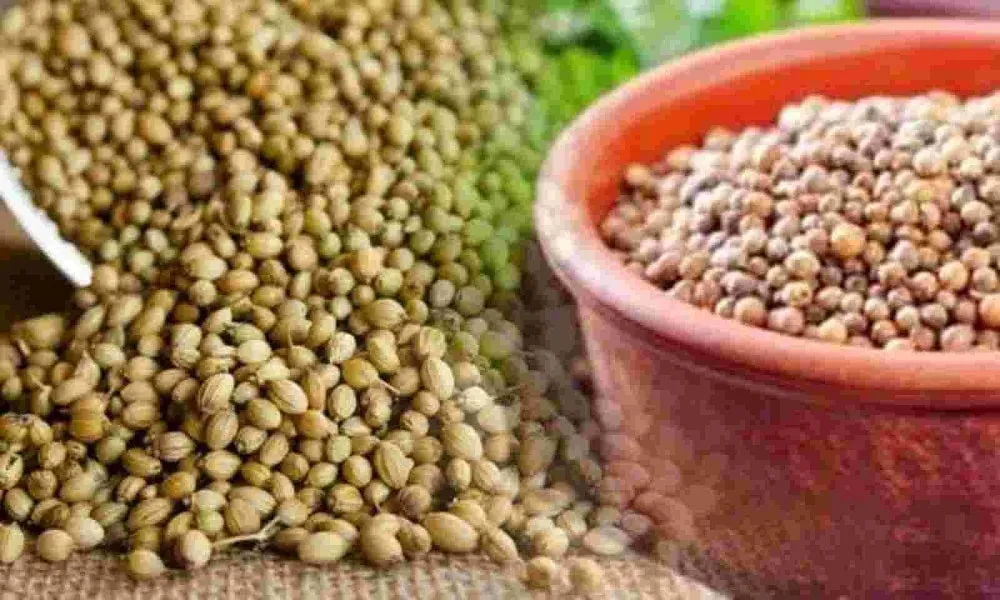Health benefits of Soup
Top 5 Benefits Of Broccoli Soup

Health benefits of Soup
Coriander Seeds Nutrition In Hindi- धनिया में पाए जाने वाले पोषक तत्त्व
Health benefits of Soup
5 Amazing Benefits Of Soup At Night│EATING SOUP FOR DINNER
Health benefits of Soup
Soup At Night For Weight Loss
-

 Fruits4 months ago
Fruits4 months agoEating Kiwi At Night Is Good Or Bad?
-

 Nutrition Facts2 years ago
Nutrition Facts2 years agoBenefits Of Eating Dry Fruits At Night
-

 Fruits4 months ago
Fruits4 months agoMosambi (Sweet Lime)- Health Benefits, Nutritional Facts, Calories and Best time to drink Mosambi juice
-

 Health benefits of Juice4 months ago
Health benefits of Juice4 months agoCan We Eat Oranges During Periods?
-

 Nutrition Facts2 years ago
Nutrition Facts2 years agoThe Egg is Veg or Non-Veg
-

 Fruits4 months ago
Fruits4 months agoIs Eating Grapes at Night Good or Bad? Know the Benefits, Drawback and Grape Snacks
-
Fruits2 years ago
Can We Eat Papaya And Grapes Together?
-

 Fruits4 months ago
Fruits4 months agoHow Much Papaya Seeds Should I Eat Per Day













